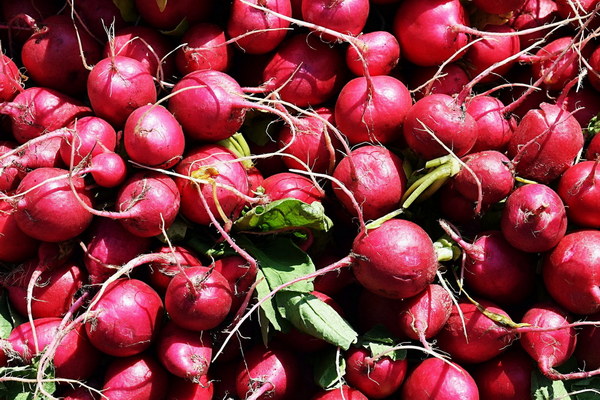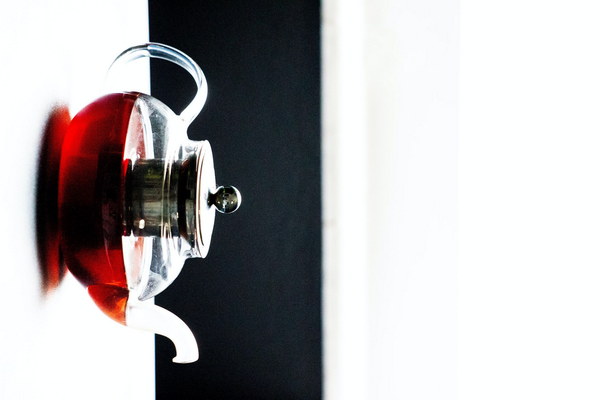Can mugwort tea really help expel dampness Exploring the traditional remedy's effectiveness
Mugwort tea, a traditional Chinese herbal remedy, has been popular for centuries, with many claiming it has the power to expel dampness from the body. But can mugwort tea really help with dampness? Let's delve into this question and explore the potential benefits and scientific evidence behind this ancient remedy.
Dampness, or damp-heat in traditional Chinese medicine (TCM), refers to a condition where excess dampness accumulates in the body, leading to various health issues. Common symptoms of dampness include fatigue, weight gain, bloating, joint pain, and skin problems. While modern medicine does not recognize dampness as a distinct condition, many people still turn to mugwort tea as a natural way to alleviate these symptoms.

The primary active ingredient in mugwort is artemisinin, a compound that has been shown to have antimalarial properties. However, it's believed that mugwort's effectiveness in expelling dampness is due to its ability to improve circulation, promote digestion, and boost the immune system.
Here's how mugwort tea may help with dampness:
1. Improved circulation: Mugwort tea is known to increase blood flow, which can help remove excess dampness from the body. Better circulation also means more oxygen and nutrients are delivered to the body's cells, which can help improve overall health.
2. Enhanced digestion: TCM suggests that dampness is often related to poor digestion. Mugwort tea can help improve digestion by stimulating the production of digestive juices and promoting the movement of food through the digestive tract. This can help alleviate symptoms such as bloating and constipation.
3. Immune system support: A strong immune system is essential for fighting off infections and maintaining overall health. Mugwort tea is believed to have immune-boosting properties, which can help keep the body free from damp-related illnesses.
While the benefits of mugwort tea are supported by traditional practices, some scientific studies have explored its potential effectiveness. A 2012 study published in the Journal of Ethnopharmacology found that artemisinin, the main compound in mugwort, has anti-inflammatory properties and can help alleviate symptoms of dampness, such as joint pain and swelling.
It's important to note that while mugwort tea may offer some relief for those suffering from dampness, it is not a substitute for medical treatment. If you're experiencing symptoms of dampness, it's best to consult with a healthcare professional who can provide a proper diagnosis and recommend the most suitable treatment plan.
In conclusion, while there is limited scientific evidence to support the claim that mugwort tea can expel dampness, traditional practices suggest that it may offer some benefits for those suffering from dampness-related symptoms. If you're interested in trying mugwort tea, be sure to consult with a healthcare professional first, as it may not be suitable for everyone. Remember that herbal remedies are not a one-size-fits-all solution, and individual experiences may vary.









